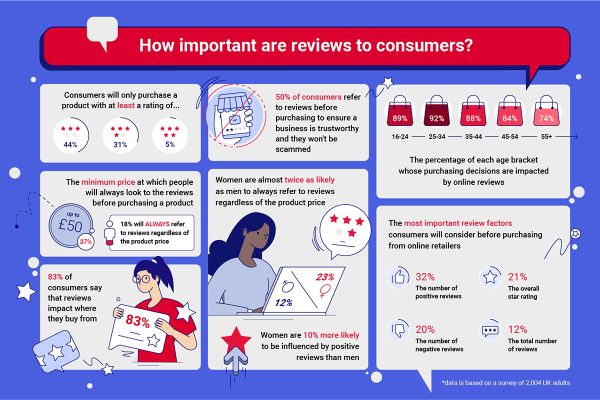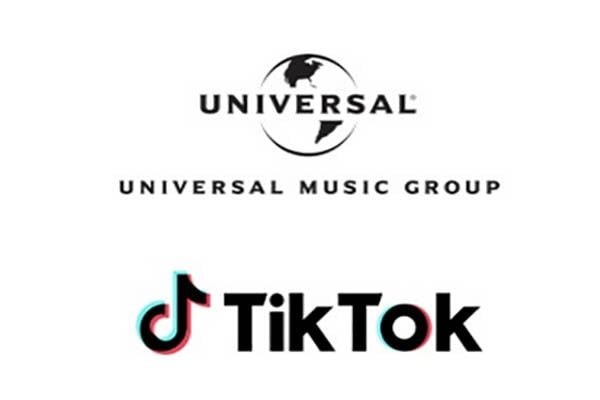In this guest post Luke Trayfoot from World First looks at the various ways that currency fluctuations can impact even small ecommerce SMEs and offers some ideas on how you can make the best of the situation.
If your business is involved in selling online internationally or purchasing wholesale goods from abroad, the process of making the payment and transferring money from one currency to another can be a hassle, and hard to get to grips with.
Fluctuations in the currency markets can make a real difference to the cost and pricing of your goods and therefore how competitive you can be on an international marketplace.
With exchange rates moving by as much as 10% in a few weeks or even days, market movements could have a serious impact on your bottom line.
Paying suppliers
When paying suppliers for your online goods, there are a number of implications that currency can have on your purchase:
• The currency you need to purchase
• The amount you need to buy
• The date of the payment
• The cost of the currency transaction
If you agree to purchase your goods in a foreign currency, the cost to you in pounds could increase or decrease depending on currency fluctuations. The exchange rates are always changing, and dramatic fluctuations could add a significant amount to the total cost of the process.
You can fix a rate for up to three years in advance; this is a good option if you know what currency you are buying and your annual spend.
It’s essential to know how much you are being charged to purchase your currency. Banks, marketplaces, payment providers and brokerages all apply a “spread”. At World First, we believe in fair margins which are fixed for the duration of our relationship – this means you will always know the exact cost of your international transfer.
Repatriating marketplace revenues
If you’re selling internationally on marketplaces, you will inevitably need to bring your money home.
When repatriating your funds, it’s never nice be stung by extortionate transaction fees and uncompetitive exchange rates.
These are regularly offered by banks and international marketplaces, such as Amazon, PayPal etc.
By using these providers, you could be charged up to 4% for their cross border payments services on top of needless transaction fees. To put that into perspective, that’s equivalent to losing around £400 for every £10,000 that you transfer.
Specialist services regularly save customers 2-3% by opening segregated bank accounts on their behalf. This works in exactly the same way, but you also get a 24/7 online platform and dedicated service for your business, and transparency on the rate you achieve. We can open bank accounts for selling on a number of marketplaces in the UK, Europe, US and Canada.
Pricing your products in different currencies
When looking at selling products internationally, the exchange rate can affect your options for pricing. When rates move, you can end up getting more or less pounds from the currency you’re selling in. This gives you a number of options to consider:
• Scenario 1 – Pound weakens against the currency you’re selling in
– Maintain the price to improve your profit margins
OR
– Reduce the price of your goods to become more price-competitive
• Scenario 2 – Pound strengthens against the currency you’re selling in
– Increase the price of your products to maintain profit margins
OR
– Maintain the same price, and take the hit on reduced profit margins
Paying VAT internationally
As an international marketplace seller, many of your sales will be to consumers based in multiple countries, so it is crucial that you consider international VAT and the impact of currency rates on that cost.
Thresholds vary from country to country, and depending on your business and the goods you sell, there can be different regulations to adhere to.
We have a number of partners in this sector to help our clients, as we see this as a complementary service. It is always key to consider when you will be paying your tax and what you expect to pay in sterling.











4 Responses
This is a big issue for many small businesses.
Fluctuations in the Euro and Dollar rate have recently been considerable and we have lost sales as a result. On other occasions we have had to offer a discount to the buyer to make up for the poor exchange rate.
Obviously exchange rates are not something we can control but when buyers pay with PayPal the inflated exchange rate combined with their fees can add a lot to the final purchase price. This seems unacceptable and we have not only lost sales as a result of higher exchange rates but also been asked to accept bank transfer instead so the buyer can avoid PayPals excessive exchange rates and fees.
Surely PayPal could scrap the crazy inflated exchange rates they use and also reduce the transaction charge?
I used World first and is great for Amazon payments because we are saving hundreds each month as the Amazon exchange rate was a lot worse than World First.
The only thing that is really annoying is that we cannot send our euros in our paypal account to take advantage of the better rate as paypal will only let you add a bank account in the country you are registered (World first is a French account).
Is there a way round this?
Hi Fusion,
I work on our Etailer desk and our customers have indeed found a way to receive PayPal EUR funds into their EUR accounts and thus benefit from our rates.
If you contact me on 020 7095 0636 or via [email protected] I’d be happy to talk you through it.
Kind regards,
Aaron Rossi
Hi Alex,
Sorry to hear that you have lost sales due to the recent Sterling strength and the charges your buyers face.
I’d like to run a solution by you that will eliminate the risk of losing buyers or even having to offer discount for the reasons you mentioned.
Feel free to contact me on 020 7095 0636 or [email protected] to discuss.
Kind regards,
Aaron